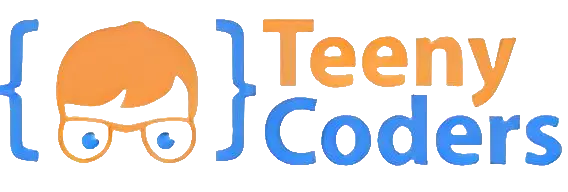In this digital age, programming has become a fundamental skill that opens a world of opportunities for children. Learning to code not only enhances problem-solving skills but also fosters creativity and innovation. However, teaching programming to kids requires a thoughtful approach to make it engaging and enjoyable. We will explore 10 techy tips to help kids learn programming effectively.
1. Start with Visual Programming
Programming can seem daunting for kids, but visual programming languages like Scratch and Blockly make it accessible and fun. These platforms use blocks and puzzle-like pieces to create code, making it easy for young learners to grasp the basics of programming logic.
2. Gamify the Learning Process
Kids love games, so why not turn programming into a game? Educational coding games like CodeCombat and LightBot make learning to code an adventure. They provide challenges, rewards, and a sense of achievement that keeps kids motivated.
3. Hands-On Coding Activities
Practical coding exercises are essential for building programming skills. Consider investing in coding kits like Raspberry Pi or Arduino to enable hands-on experimentation. These kits come with step-by-step guides that help kids build real projects.
4. Encourage Collaboration
Learning programming doesn’t have to be a solitary activity. Encourage kids to collaborate with friends or family members on coding projects. Teamwork not only enhances their coding skills but also teaches valuable communication and problem-solving skills.
5. Use Interactive Online Platforms
Online coding platforms like Code.org and Khan Academy offer interactive courses designed for kids. These platforms feature engaging tutorials and challenges that gradually build coding expertise.
6. Introduce Robotics
Robotics is a fantastic way to make programming tangible for kids. Robotic kits such as LEGO Mindstorms or Ozobot allow children to program robots to perform tasks, combining coding with robotics for an exciting learning experience.
7. Provide Real-World Projects
To make programming relevant, assign real-world projects that pique a child’s interest. For example, creating a simple website or a game can be a motivating way to apply programming skills to something they enjoy.
8. Celebrate Small Achievements
Acknowledge and celebrate every small coding achievement. Whether it’s completing a coding challenge or fixing a bug, positive reinforcement boosts a child’s confidence and enthusiasm for programming.
9. Keep It Fun and Playful
Programming should never feel like a chore. Keep the learning process fun and playful. Encourage kids to explore their creativity by letting them code their stories, animations, or interactive projects.
10. Support and Guidance
Lastly, provide consistent support and guidance. Be available to answer questions, help when needed, and showcase the vast career opportunities that programming can offer in the future.
Conclusion
Teaching kids programming is a rewarding endeavor that equips them with valuable skills for the digital world. By starting with visual programming, gamifying the process, and incorporating hands-on activities, you can make learning to code an exciting journey for children. Encouraging collaboration, using interactive online platforms, and introducing robotics further enrich the experience. Remember to celebrate achievements, keep it fun, and provide unwavering support on their programming journey. Programming for kids is not just about learning code; it’s about fostering creativity, problem-solving, and critical thinking. By following these 10 techy tips, you can make the journey of learning programming exciting and enjoyable for kids while setting them up for a bright future in the tech-savvy world.


